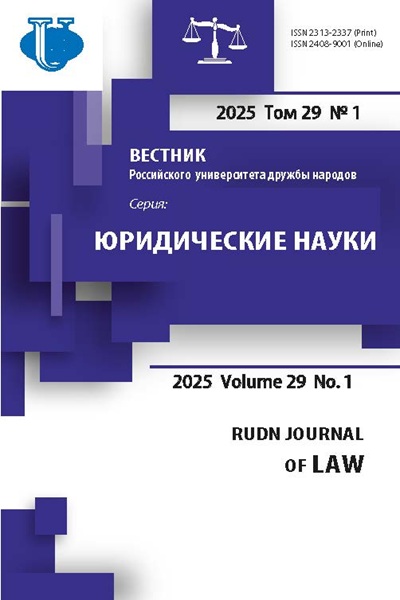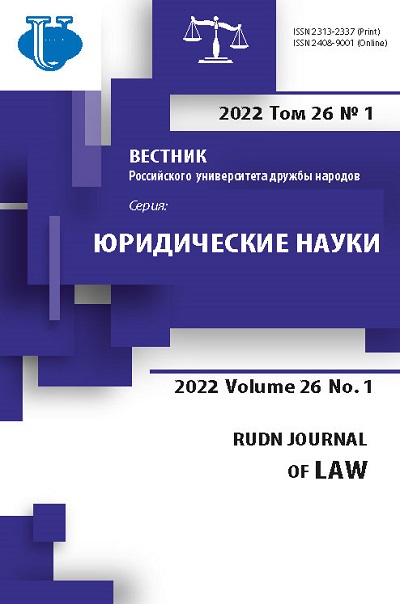Аннотация
Исследуется законодательная инфляция как кризисная тенденция в праве. Актуальность работы обусловлена снижением стабильности правового регулирования в контексте высокой правотворческой активности российского законодателя. Целью проведенного в рамках данной статьи исследования является оценка возможности применения предложенного В. Ляйснером подхода к определению причин законодательной инфляции (кризиса закона) в Германии к условиям российской правовой действительности. Методологическую основу исследования составили общенаучные (анализ, синтез, индукция, дедукция, сравнение), а также частнонаучные (формально-юридический, сравнительно-правовой) методы исследования. Проведенное исследование позволило выделить общие для России и Германии аспекты проблемы законодательной инфляции, выражающиеся в отсутствии действенных юридических барьеров для законотворческой активности, стремлении законодателя к перманентному улучшению действующего законодательства, а также в радикальном сокращении периода стабильности законодательства. Установлено, что предложенный В. Ляйснером подход к определению причин кризисного состояния законотворчества, основанный на анализе отношений закона и ветвей власти конституционного государства, может быть применен для определения механизма законодательной инфляции в России.
















